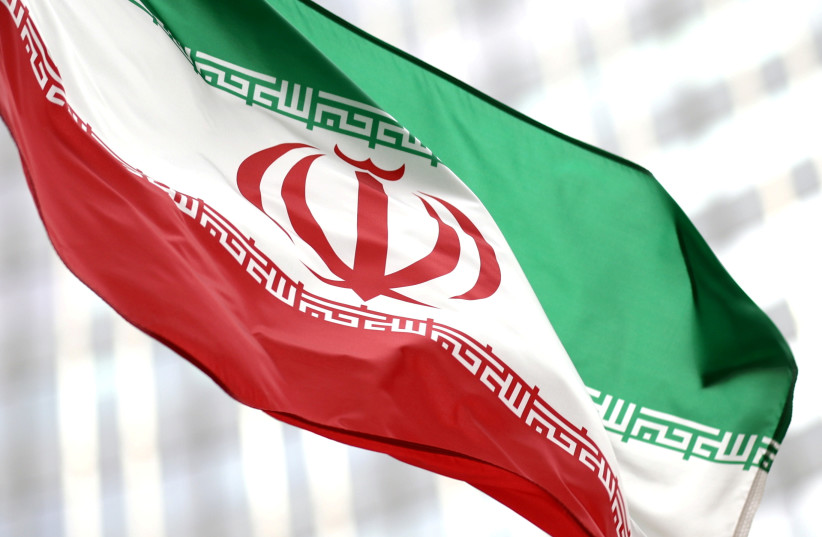Iran has announced a new “resistance” strategy regarding energy resources in the region. This is according to an
Iran announced a new “resistance” strategy regarding energy resources in the region, according to an article by the pro-regime Tasnim News Agency.
This report matters because it shows how Iran is trying to sell – or interpret – the maritime deal between Israel and Lebanon.
“Lebanon was able to pull its maritime wealth out of the clutches of the Zionists due to the efforts of the resistance,” the report reads.
Iran, Lebanon, Yemen and success
Iran connects the success in Lebanon, where the Iranian-backed terrorist group Hezbollah occupies the south, to Iran’s success in Yemen, where the Houthis have broken a cease fire deal with Saudi Arabia and are looking ready to escalate matters.
The Houthi escalation could foreshadow moves by Hezbollah. Iran says, “[With] Yemen’s drone warning a few days ago to the Saudi-American coalition about the looting of Yemeni oil, a new phase of dealing with looting in the region has begun.”

Iran, via its pro-regime media, is saying that “the energy issue has always been one of the basic components of the American foreign policy, and since the discovery of oil in the Middle East, especially in Saudi Arabia, the US has been coveting the energy resources buried in this region.
The report adds, “The American oil companies, Middle East oil, including the oil resources of the Saudis, have been considered as the source of their wealth. After World War II, the United States, under the pretext of supporting the security of the Middle East countries, including the Arab countries, has been continuously looting their oil wealth.”
Iran believes the US wants to dominate energy resources and that this is why the US built bases in the region. Now Iran is focusing on the energy crisis in Europe that was created by the Russian invasion of Ukraine.
The Nord Stream pipelines have been damaged and Turkey might become a gas hub linking Russia to Europe. Iran wants to be involved as well. Iran is also closely monitoring OPEC production cuts as well as Saudi-US relations, with the goal of sabotaging Riyadh-Washington ties.
“The United States is changing its strategic focus from the Middle East to the Asia-Pacific region, in such a background, the countries of the Middle East can no longer rely on geopolitical protection as before,” reads the report.
Iran is thus empowered and may escalate its threats judging the US to be leaving the region and judging US-backed countries to be weak.
According to the report, the maritime deal between Israel and Lebanon is a major development and Iran sees this as the “strength of the resistance front in restoring Lebanon’s maritime rights.”
Thus, Iran believes threats have secured what it wants off the coast of Lebanon “by taking back its oil and gas wealth from the occupying Zionist regime in the Mediterranean Sea, due to the decisive positions of Hezbollah and [Hezbollah leader] Hassan Nasrallah, Lebanon made the American-Zionist axis no longer able to continue looting Lebanon’s energy resources for export to America and Europe.”
Iran believes there has been a “fundamental change in the strategy of the United States in looting the region’s wealth,” and Iran’s regime appears to believe that this has led to confrontation of the US in the region and that it is a preview of how the US tried to extend its “hegemony” to the area. However, Tehran seems to think the US has failed in this endeavor.
